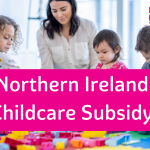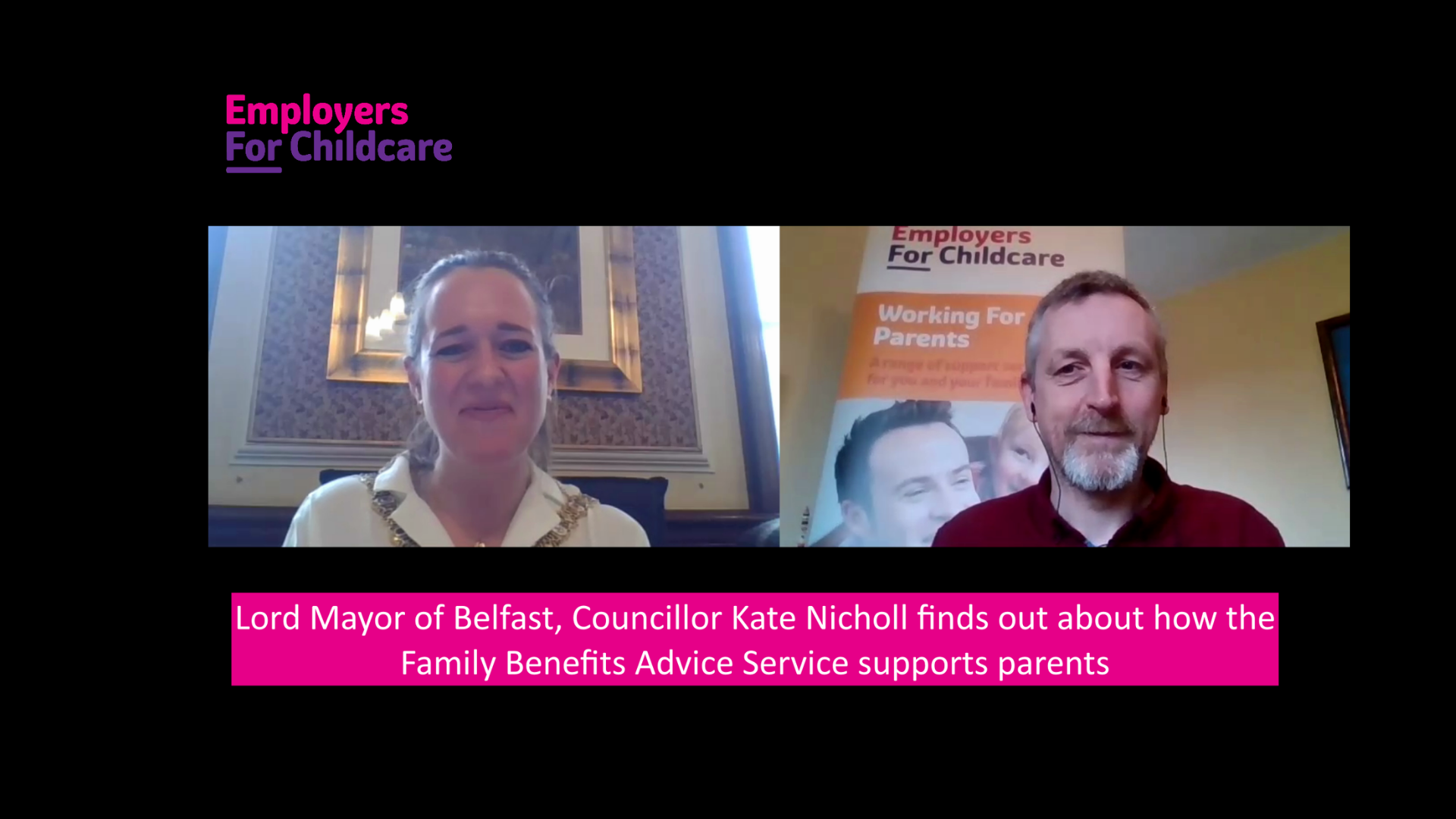UK Government must support hard pressed families across the UK and increase benefit levels to reflect rising inflation
From April 2022, benefits – such as Universal Credit – are due to be uprated by 3.1%. This is much lower than the expected rate of inflation in April, which could rise to more than 8%, and marks a real-term fall in value, or cut, in support offered through the benefits system. This comes at a time when families are struggling to afford the essentials they need, due to the cost-of-living crisis – which is only set to worsen.
The Joseph Rowntree Foundation has estimated that 400,000 people could be pulled into poverty as a result, and that 9 million families who receive benefits due to low incomes will be £500 worse off on average, as a result of inflation.
In Northern Ireland, the National Institute of Economic and Social Research has suggested that extreme poverty, or destitution, could rise by 67% over the coming year, the highest level across all UK regions.
Already, too many families are having to go without the essentials as prices for food, electricity, oil and gas rise rapidly.
This comes on the back of the Government’s cut to Universal Credit in the Autumn, removing the £20 per week uplift. While there were welcome changes to the UC taper rate and work allowance, this did not fully mitigate the impact of the cut for working families, and failed to support those who were unable to work for circumstances ranging from sickness and disability to caring responsibilities.
Uprate benefits in line with inflation
We are therefore calling on the Government to uprate benefits in line with at least the Bank of England’s forecast of 7.25% inflation by April, given the Resolution Foundation has suggested that inflation could peak as high as 8.3% in April.
While it will still be a difficult time for many, this move would at least prevent a real-terms cut to benefits, and help protect families from the worst impacts of rising costs for essentials.
Write to your MP
Your voice is essential. This is your opportunity to contact your MP and urge them to stop the real-terms cut in benefits at a time when people need support the most, with inflation rising and a worsening cost of living crisis.
The Turn2us charity has established a campaign tool so you can easily and quickly contact your MP on this issue: Write to your MP to stop a real-terms cut to benefits
Increase the maximum monthly limits on support with childcare costs
We are also calling on the Government to increase the maximum monthly limits for childcare support through Universal Credit and Tax-Free Childcare. These have remained unchanged since the introduction of these forms of support, despite annual increases in the cost of registered childcare.
At present, the maximum monthly limits under Universal Credit are:
- £646.35 for one child
- £1,108.04 for two or more children.
In Northern Ireland, the average cost of a full-time childcare place was £170 per week in 2021, more than £700 a month. That means parents who are in receipt of Universal Credit will not be getting support for the full amount of their childcare costs, and this is set to worsen in 2022. As a result, parents may have no choice but to cut back their hours of work or, in some cases, come out of the workforce altogether.
Case study: Samantha and Ed
Samantha and Ed are paying for registered childcare for their three children. Two are in wraparound childcare and one is in a day nursery full time. Their registered childcare costs are £350 per week, or £1,500 per month. The family is eligible for support through Universal Credit, but as the maximum childcare costs they can claim for through UC is £300 per week, the maximum support they will receive is £1,108.04 per month. This means they are still paying almost £400 per month and makes it very difficult for them to afford they childcare they need to work.
Similarly, while Tax-Free Childcare supports families with 20% of their registered childcare costs, this is capped at £500 per quarter, or £2,000 per annum per child (equivalent to registered childcare costs of £10,000 per annum). As many childcare providers will face no option but to increase their fees to cover their own rising costs, we anticipate seeing more parents who are unable to claim support for all of their childcare costs through Tax-Free Childcare.
Case study: Grace and Ben
Grace and Ben recently contacted our team for advice. They will be paying £1,800 per month in nursery fees for their one-year-old twins from April. That’s almost £22,000 per year. It’s close to Grace’s take home salary, and more than their mortgage – but it enables them to work. They want to give their twins the best start in life, and they both want to continue with their careers, pay into their pensions, but they are concerned that they will have no option but for one of them to cut back their hours or take a career break. The family is eligible for support through Tax-Free Childcare, but the most they can claim in support is £4,000 – £2,000 per child.
We are calling on the Government to remove the cap on support available through Tax-Free Childcare, and enable families to draw down 20% of their full fees per annum.
At a time when the economy is trying to recover from the pandemic, and employers are already struggling to recruit and retain the staff they need, the Government must do all it can to ensure parents can access and afford the childcare they need.
This is an investment that is not only right to do – in helping to support families who are struggling – but also makes sense economically. It was recently reported by the Centre for Progressive Policy that investment in childcare could generate up to £28 billion in economic output per annum.
Ensure you are accessing all the support you are entitled to
In the meantime, for further information or to make sure your family is getting all the support you are entitled to, please contact our Family Benefits Advice Service on Freephone 0800 028 3008 or email hello@employersforchildcare.org
Further information about the financial support available for families is available in the downloads section of our website, where we have a suite of useful factsheets and guides. These will all be updated for the new financial year.






